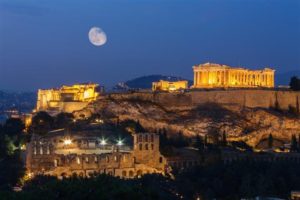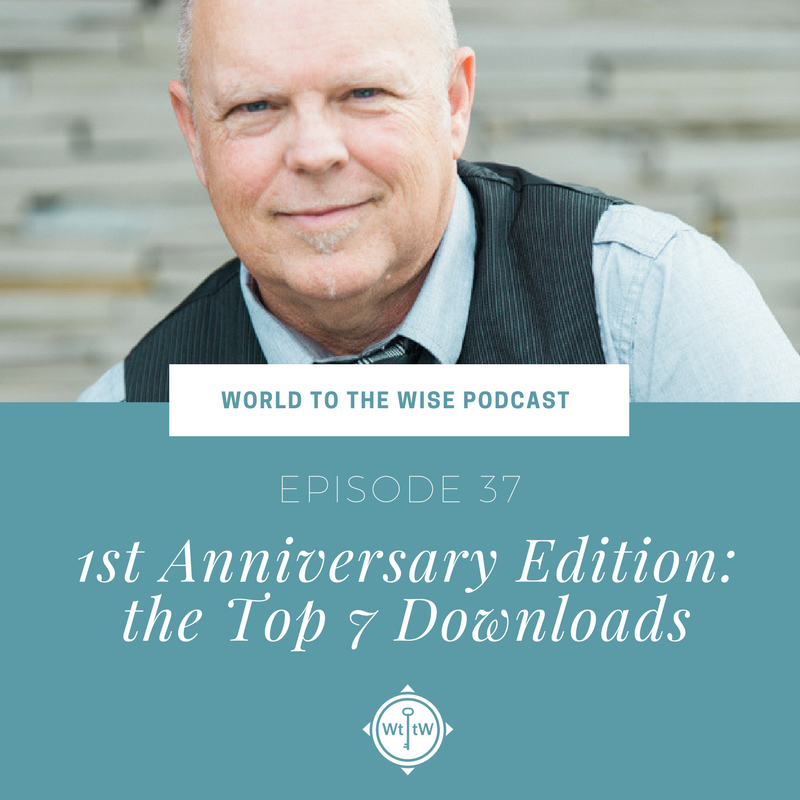It happened to me. Again.
I was planning on keeping this latest incident to myself. Part of it was embarrassment, which really means pride. I should have seen it coming. I'm a seasoned traveler. I just published a podcast episode on being a wise traveler, for crying out loud.
The first time was in Lima, Peru, when my cell phone was pickpocketed. Then a few years later, a major incident in Amsterdam, where a brand new video camera, our credit cards, and passports were all taken in a split second. (Some time I'll have to tell that story -- pretty amazing how it turned out.)
On a tube train in London, my wife actually caught a pickpocket with his hand inside our son's backpack and thwarted his attempt.
In this case, we were on a metro (subway) train in Athens, headed to visit our new refugee friends at the port of Piraeus. It was already the most crowded train we'd been on here, and at one stop a group of guys got on at the same time. Amidst all the jostling, Becky and I got separated. I keep a hand on my "murse" on crowded trains and buses, but all I can figure is that during the pushing and shoving (orchestrated, I now realize), I must have been pushed off balance just long enough for a skilled hand to unzip my bag, reach inside, and pull out my wallet.
I looked down, seconds later, and discovered my bag was open. I immediately reached in, first felt my passport with great relief, but kept feeling for my wallet. Not there. I of course knew right away what had happened. I'm fairly sure the group got off at the next stop, and Becky and I decided to do the same in order to call and cancel our credit cards immediately.
I was so angry, especially because I realized how it had happened. For the first time in a long time, I wanted to hurt someone. But as much as anything, I was angry at myself. I should have seen it coming. There was only about 30 euros in cash, but two credit cards, a debit card, and my driver's license, which I will need to rent the car we're planning to rent in Paris later this week.
I'm at least grateful to have learned some lessons along the way, and part of being a wise traveler is keeping the phone numbers of all your credit card companies in a separate place. I was able to cancel all the cards and find out that none of them had yet been used by the perpetrators. We then asked my son's girlfriend to FedEx my newly renewed driver's license, which had providentially come in the mail at home, along with another credit card I hadn't taken with me, to a friend's house in Paris for me to pick up once we arrive there.
After that little incident I felt like going home. You really do feel violated when you've been robbed. I quickly realized, though, that going back to the apartment was the worst possible thing to do. What I needed most was perspective, and I knew I would find that at the camp. So we got on the next train, and sure enough, while talking with our friends who have lost everything and whose future is uncertain at best, my petty problem(s) quickly faded away.
Sure, it's been a bit of a hassle reconstructing our infrastructure while on the road, and yes, it's embarrassing for me to admit that this happened to moi -- again. But I'm actually almost grateful for the headache because it reminded me once again how much I have to be grateful for.
We are now in Berlin, where we are gaining a different perspective on the refugee situation in Europe. Be sure to tune in to the podcast this weekend to hear about it.












